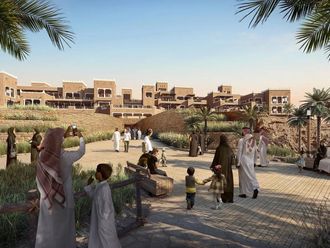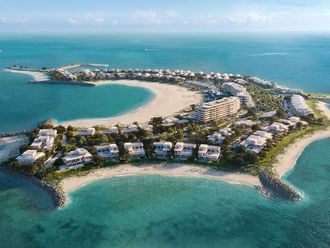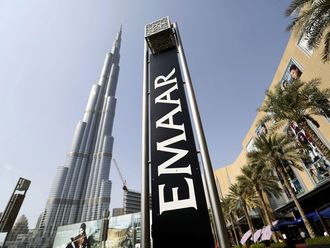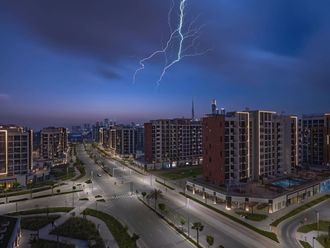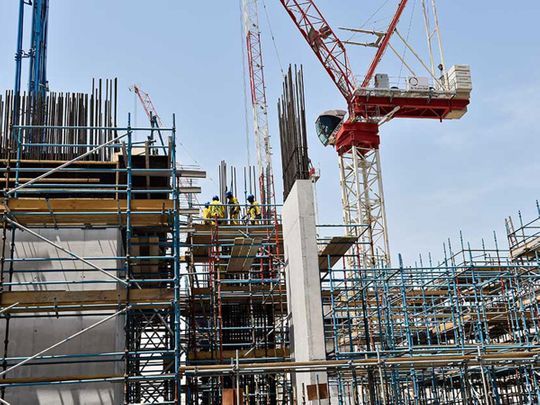
Dubai: Three months into the year, the UAE’s construction sector is having a much smoother ride, and it’s not just related to the pickup in activity related to the Expo 2020 works. Instead, it is the relative price stability on building materials that is offering the much-needed respite.
One only needs to look at how aluminium has been faring. In May last year, the metal was commanding $2,700 a tonne on the LME (London Metal Exchange) — now it can be had for $1,841 after being at $2,000 as recently as December 20. As for local contractors, the softening price — and the belief is it will remain under pressure — will sit well on their project costs. And there is quite a bit of that happening.
“There is definitely new activity being pushed by the Expo requirements and we are still seeing that in our recent orders,” said Christian Witsch, CEO at Gulf Extrusions. “But building material suppliers and contractors need to start thinking about the next big event once all the Expo-related supplies and works are done.
“That’s what we need to start looking out and preparing for — the next big event in the UAE.”
The sharp upswing in aluminium prices in May last year was brought on by factors outside the scope of the industry. In short, politics was what dictated the volatility. in particular, the US sanctions on Russia’s Rusal — the world’s largest aluminium producer outside of China. (Early this year, the sanctions were rolled back by President Trump.) “Last year changed my perception that LME price was only driven by effects happening only within the industry,” said Witsch. “But in 2018, the main driver was political forces.”
Gulf Extrusions currently has an annual installed capacity of 50,000 tonnes, of which it currently utilises about 40,000 tonnes. The bulk of its production is used as “architectural solutions” by the local construction sector. Drive down Shaikh Zayed Road and chances are that one or the other tower will have been supplied by the manufacturer, including the Burj Khalifa.
Witsch says the sector needs to start preparing for life after the Expo. “When the Expo impact gets less visible in our own offtake, we already have measures in place to grow in other markets,” he added. (Currently, exports make up 10 per cent of its output. It has also been raising its supply of value-added extrusions to the global automotive industry. Gulf Extrusions is currently rated as a Tier-2 supplier and is now working to upgrade it to Tier-1.)
And what of steel? The UAE in January doubled import duties on steel debars (deformed bars) and pipe rods to 10 per cent, a move that met the long-standing demands of local steel mills to take action against steel dumping from China and Turkey.
“The Ministry of Economy understood the need to support local steel manufacturing that has invested billions in the industry,” said Bharat Bhatia, CEO of Conares, which operates a mill in Jebel Ali. “Current steel consumption in the UAE is between 3.2 million to 3.5 million tonnes, while local production of deformed steel is about 4 million tonnes.
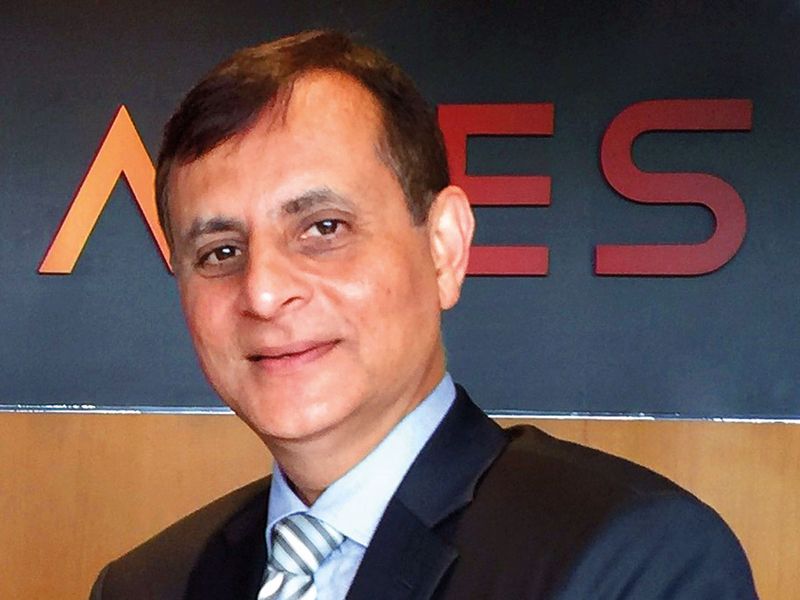
“Imports currently are arriving only from the GCC, but due to quicker delivery, most projects are demanding “Made in UAE” products. Even traders prefer to stock local as they can get it 24x7 and in the required lot size.”
For now, steel prices are at around Dh2,000 plus. As for cement, “They have been stable for the last seven months or so, and that’s because local production had increased capacity quite significantly,” said Mohammad Farooq, Managing Director at Dubai Walls Construction. “These days, a 50-kg bag could be bought for Dh12.2 from Dh12.5-Dh12.7.
“But the biggest plus for local contractors and suppliers has been the relaxing on visa requirements to bring in additional manpower. Paying deposits to source manpower was where a lot of the cash flow of contractors were getting stuck. Now that the UAE authorities has relaxed this, it puts contractors in a much better situation. That’s a huge relief, no doubt.”
After a tough 2018, the local construction sector will take any break that comes its way.
Local manufacturers seek tax support on other building materials
Now that the UAE has raised import duties on steel, local building supply manufacturers are hoping the local and GCC authorities would extend it to other product categories as well.
The GCC Secretariat recently instituted a “safeguard duty” on painted, varnished or plastic coated for a three-year period, with the duty set at $169 a tonne and then reducing thereafter.
Market sources say they are awaiting for these measures to be applied at the local level. “In regards to colour coated, since the GCC has imposed safeguard measures we are expecting the same to be applied in UAE,” said Bharat Bhatia of Conares.
Also, the import duty on pipes could be looked into as well, according to Bhatia. “Domestic manufacturers would also like to have support from the authorities in protecting pipe and tube manufacturers. “Scaffolding companies are currently exempted from import duties — this practice should stop.
“Scaffolding companies don’t add any value on pipes. Only true value-added products should be exempted. The UAE has 2 million tonnes of installed capacity on pipes and tubes, and it would help if duties are raised to 10 per cent.”


